Medibank names Mike Wilkins as chair as full-year profit dives 31pc
Medibank says expected COVID-19 savings have failed to eventuate, as the health insurer announced a change at the top.
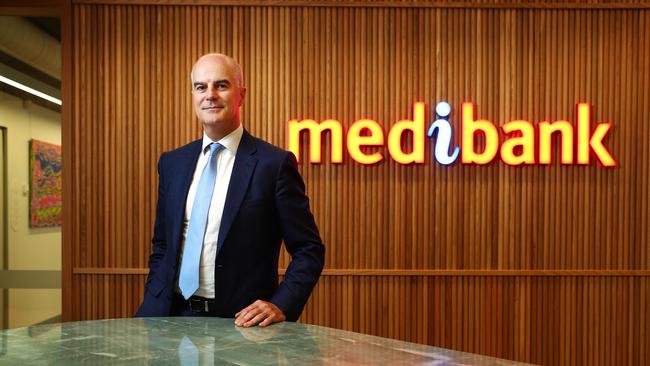
Australia’s biggest health insurer Medibank is holding firm on its October premium increase, as its competitors, including rival Bupa, announce they are pausing rises for another six months.
Instead chief executive Craig Drummond said Medicare was offering “targeted relief”, giving customers on JobKeeper or JobSeeker discounts of up to 50 per cent, which he said was delivering great savings to policyholders facing hardship.
He also said the disruption from COVID-19 to the private healthcare sector had only been for a period of about six weeks, reducing the need for a further six-month postponement to premium hikes.
“When we first gave that six-month deferral we did we think it was going to be three to six months’ disruptions,” Mr Drummond said.
“But the disruption, other than what we are seeing in Victoria, has really only been six weeks and we are now seeing quite a strong bounce back in the other states.
“We are making sure that relief is very targeted. We are offering people on JobKeeper and JobSeeker up to a 50 per cent premium waiver, which means an average of about $800 per customer. That is real dollars, compared to say the $70 benefit that customers got from the six month premium postponement.”
Mr Drummond said Medibank had not profiteered from government-enforced cancellations of elective surgeries, with the company’s net profit diving 31.3 per cent to $315m in the year to June 30.
Health insurance premium revenue increased 1.3 per cent to $6.56bn last financial year, while benefits payable increased 2.5 per cent to $5.5bn.
Mr Drummond said Medibank had also set aside $297m to fund the backlog of elective surgeries when the pandemic subsides, and if that proved to be misforecast the insurer would return any savings to customers.
“You can see by our results that this concept that we’re profiteering from COVID is just not true. While significant savings were projected by some commentators at the beginning of the crisis, this has not eventuated.
“The industry regulator APRA (Australian Prudential Regulatory Authority) has said the vast majority of surgeries and extras services disrupted through COVID-19 will ultimately take place. In preparation for this, we have accrued a $297m balance sheet liability.
“While claims have largely returned back to normal levels, albeit some elective surgery in Victoria is now paused, if there are additional permanent savings we will stick by our promise and return them to customers.”
The company’s shares closed flat at $2.86 on Thursday, with its financial results in line with analyst forecasts
It announced Mike Wilkins, who was AMP’s acting chief executive during the banking royal commission, would replace Elizabeth Alexander as chairman on September 30.
Medibank gained a net 10,600 policyholders last financial year, representing an increase of 0.6 per cent, as the number of Australians with private health insurance continued to fall.
Mr Drummond said that number included 18,200 customers suspending their policies as a result of COVID-19. If that number is excluded, policy growth would have been 1.6 per cent.
Across the industry, overall private hospital cover fell from 44.3 per cent in June 2019 to 43.6 per cent in June 2020, according to the latest data from APRA.
The private health insurance industry continues to face the challenge younger Australians ripping up their policies and growing membership in older age groups. Hospital membership for those aged 20-49 fell by 55,646 people, with APRA citing “worsening affordability”.
The biggest deterrent in taking up private health insurance is increasing out-of-pocket costs, with the Medicare Benefits Schedule (MBS) and top from insurers not keeping pace with medical costs, with patients – even those with the highest level of cover – still forking out thousands of dollars for a procedure in a private hospital.
To combat this, Medibank has taken a 49 per cent stake in East Sydney Private Hospital, where its short-stay model means eliminates out of pocket costs. The cost of traditional length hospital stays is diverted into covering the charges from the surgical teams, which account for most out-of-pocket costs because the MBS has not kept up with inflation.
But the move has attracted criticism with doctors likening it to a US-style managed care model, where insurers have a greater say over the treatment of patients. Medicare, however, says it will not be involved in clinical decisions at East Sydney Private.
Mr Drummond said the private healthcare needed to be made more affordable and further government financial support in regard to the MBS was unlikely.
“Unfortunately given the state of public finances and the support the government has had to give the community, funding for healthcare going forward is going to be crimped – no question.
“And it is going to be coming at a time when the population is getting older and we are seeing higher claims and continuing claims in the obvious areas like mental health.”
Medibank will pay a final dividend of 6.3c a share, fully franked on September 24. This represents a decrease of 14.9 per cent on 2019.
More Coverage
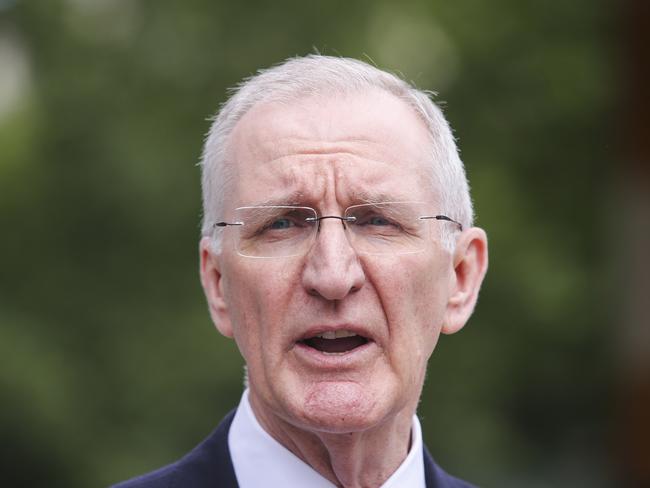


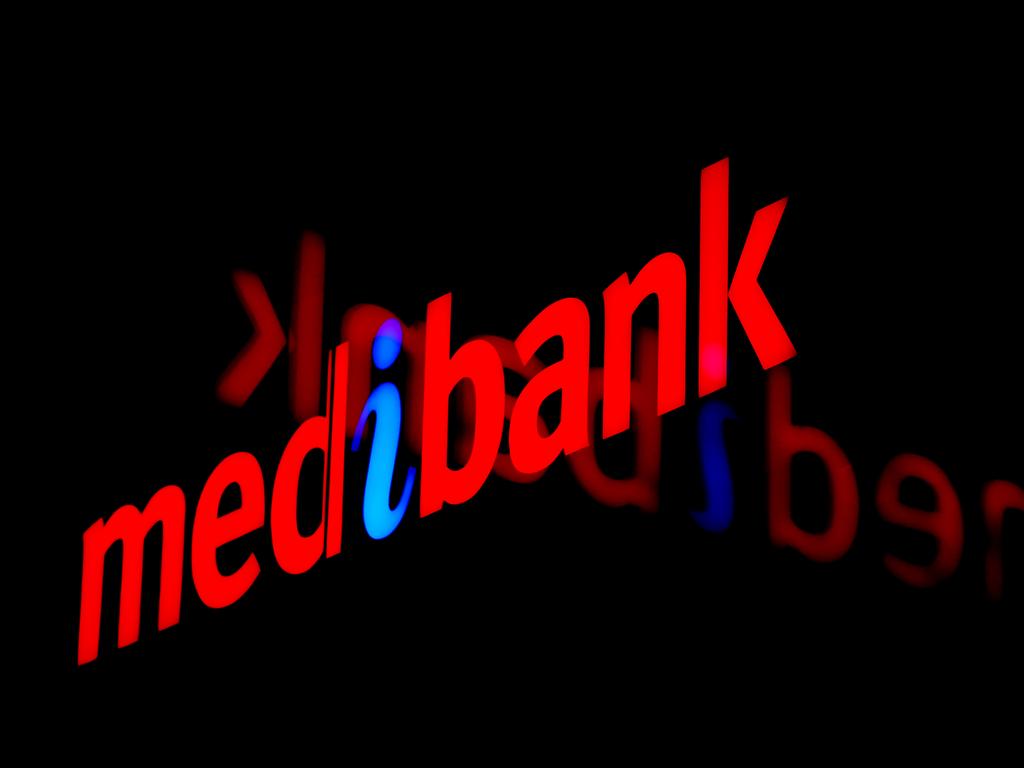
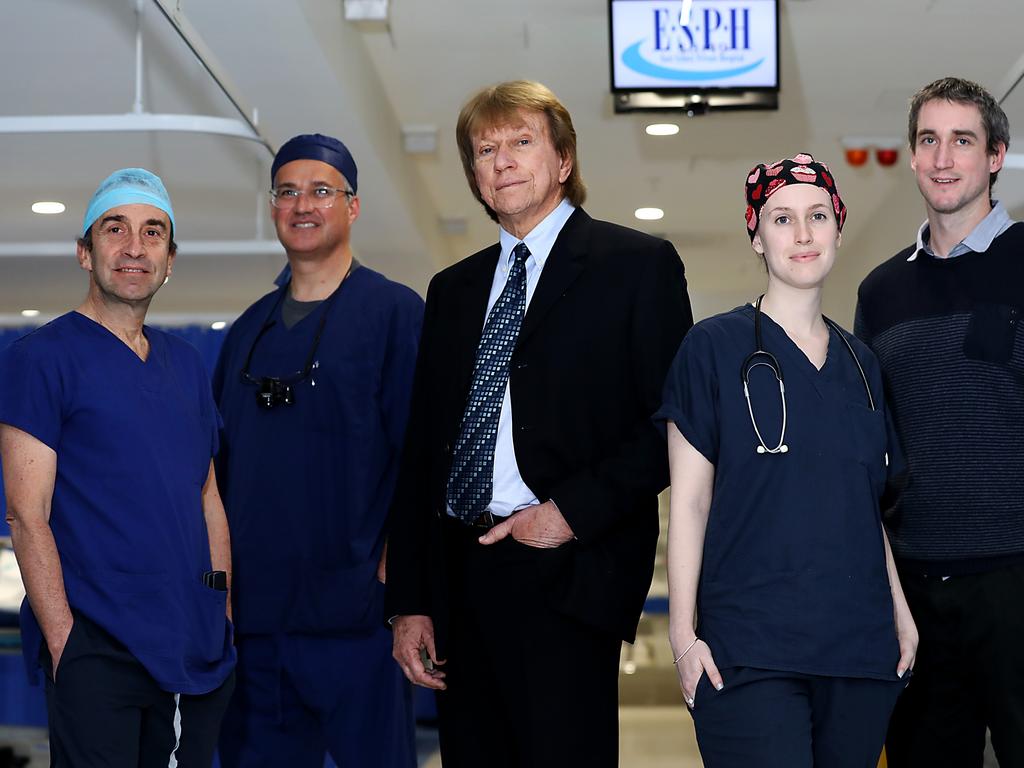
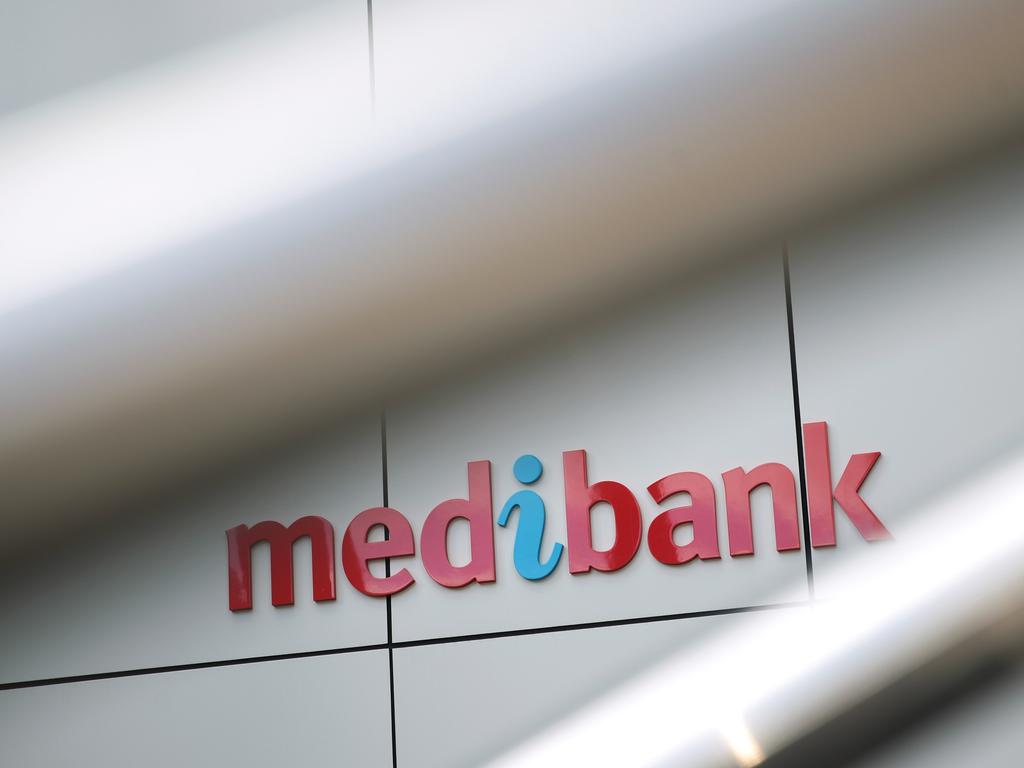


To join the conversation, please log in. Don't have an account? Register
Join the conversation, you are commenting as Logout